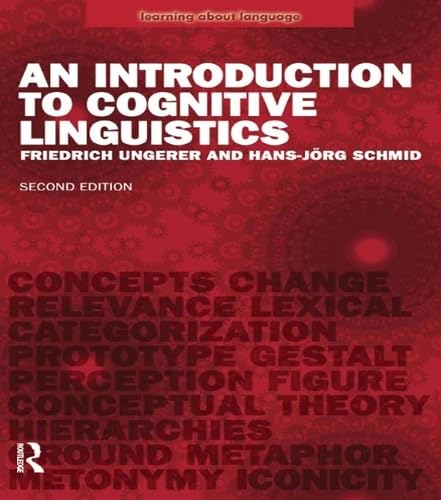What do you think?
Rate this book


400 pages, Kindle Edition
First published July 1, 1996
"those [things in our cognition] that are most alive and most deeply entrenched, efficient, and powerful are those that are so automatic as to be unconscious and effortless" (117)The distinction between expert models & naive models is fascinating; that its, the idea that we build models around "communal experience, and . . . 'wrong' assumptions" (55). It appears that we unavoidably, subconsciously build cognitive/cultural models for everything, even those things about which we have little information or that don't require our attention.